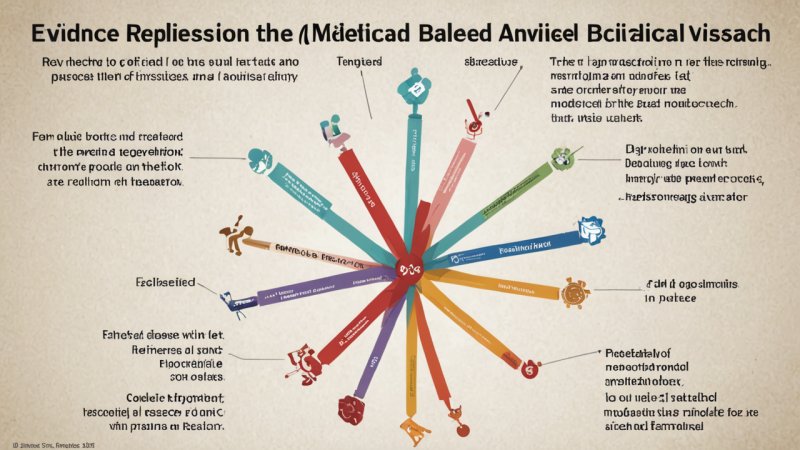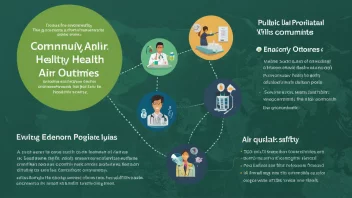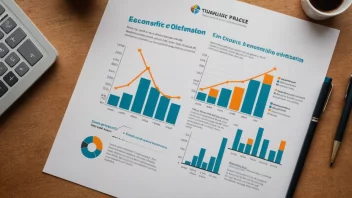Medical research is at the heart of developing effective health policies that ultimately shape the quality of healthcare and outcomes for populations. As new findings emerge from laboratories and clinical studies, they provide the evidence needed to inform decisions made by policymakers. This article delves into the significant ways in which medical research influences health policies, demonstrating its vital role in improving public health and healthcare systems. One of the most impactful aspects of medical research is its ability to provide evidence-based recommendations. Policymakers depend on rigorous research to create guidelines that govern health interventions and practices. For instance, the research conducted on the benefits of lifestyle modifications in managing chronic conditions such as diabetes has led to the establishment of policies that promote healthy eating and physical activity. These guidelines not only inform healthcare providers but also shape public health initiatives aimed at preventing disease and promoting wellness. Furthermore, medical research helps identify emerging health threats and informs timely responses. The rapid advancement of technology and research methodologies allows scientists to detect and analyze new pathogens, which is crucial in an interconnected world where diseases can spread quickly. For example, the swift identification of the Zika virus led to the development of health policies addressing vector control and public awareness campaigns to mitigate the virus's impact. In addition to addressing immediate health threats, medical research also plays a critical role in understanding long-term health trends and their implications for policy. Research investigating the social determinants of health—such as income, education, and environment—provides insights into the root causes of health disparities. This knowledge equips policymakers with the tools needed to design interventions that target vulnerable populations. For example, studies revealing the correlation between poverty and poor health outcomes may lead to policies aimed at improving access to healthcare services and resources for low-income communities. Moreover, medical research drives innovation in healthcare delivery, prompting policy changes that embrace new technologies and practices. The rise of telehealth is a prime example, as research demonstrating its effectiveness has influenced policies to expand access to remote care, particularly during the COVID-19 pandemic. This shift in policy not only improves convenience for patients but also addresses barriers to care, such as transportation and geographical limitations. However, the integration of research into health policy is not without challenges. Policymakers often face pressure from various interest groups, which can affect the prioritization of certain research findings over others. Additionally, the complexity of health systems requires that research be translated into actionable policies that can be implemented effectively. To overcome these obstacles, fostering collaboration between researchers, policymakers, and healthcare providers is essential. Engaging stakeholders in the research process can ensure that policies reflect current evidence and meet the needs of the population. In conclusion, medical research serves as the backbone of health policy development, providing the evidence necessary to create informed and effective policies. By generating evidence-based recommendations, addressing emerging health threats, and highlighting health disparities, research plays a crucial role in shaping the healthcare landscape. As the field of medicine continues to evolve, the collaboration between researchers and policymakers will be essential in promoting health equity and improving health outcomes for all.
Evidence-Based Policies: The Power of Medical Research
Explore how medical research shapes health policies and improves healthcare outcomes through evidence-based recommendations.






